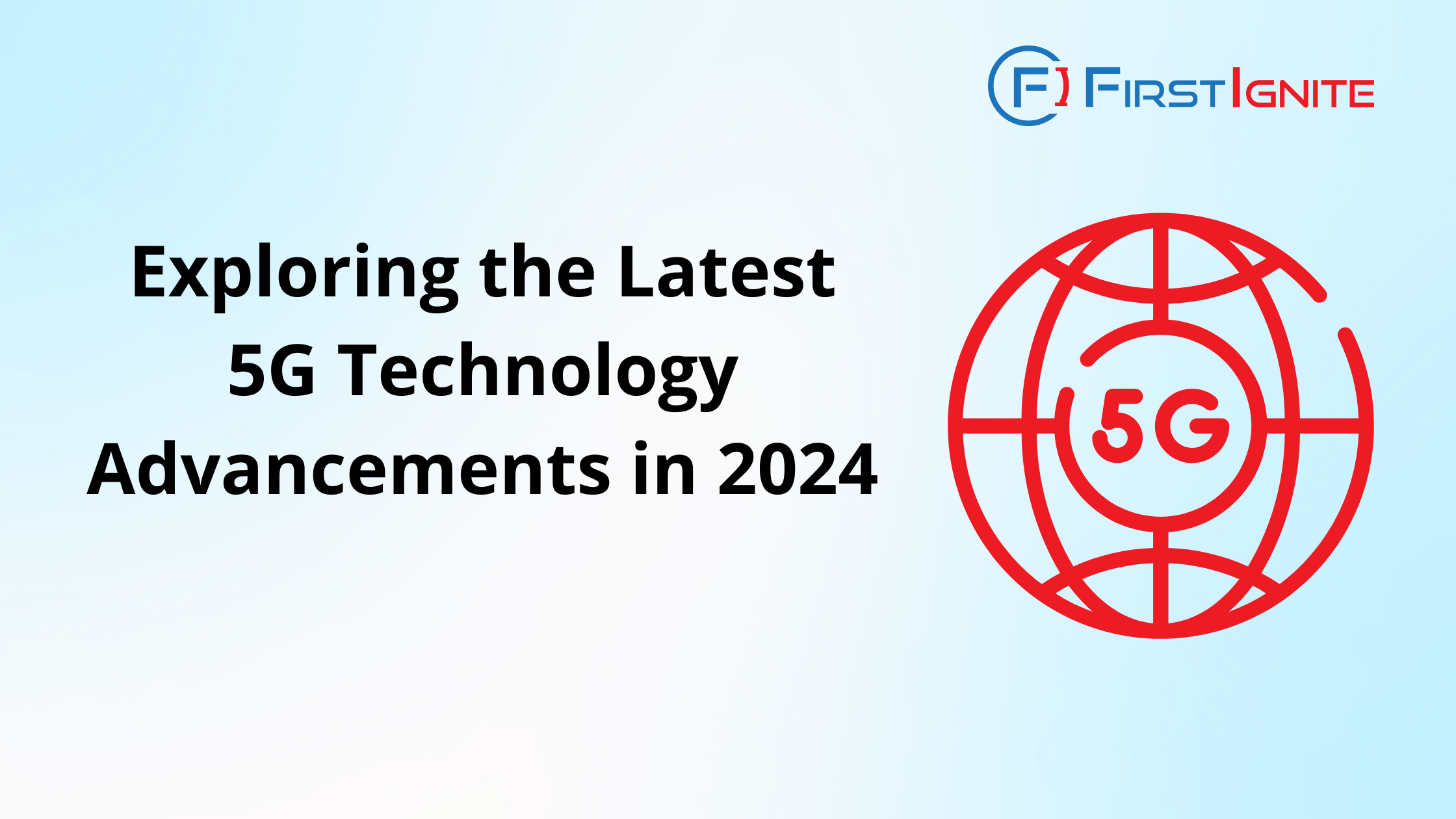
Introduction to 5G Technology
In the ever-evolving landscape of telecommunications, the introduction of 5G technology has revolutionized connectivity, promising lightning-fast speeds, unprecedented reliability, and seamless integration. This fifth-generation wireless network is transforming our digital interactions, from powering the Internet of Things (IoT) to enabling immersive virtual and augmented reality experiences. In 2024, remarkable progress has been made, driven by advancements in Artificial Intelligence (AI). This article explores the latest 5G expansion, its AI-driven innovations, and the groundbreaking applications reshaping various industries.
Role of Artificial Intelligence (AI) in 5G Expansion
As the world embraces 5G, Artificial Intelligence (AI) has become essential in unlocking its full potential. AI-powered algorithms and machine learning models optimize 5G network performance, enhance user experiences, and drive new use cases. Through intelligent network management, AI analyzes data in real-time for dynamic resource allocation, predictive maintenance, and proactive optimization, resulting in improved reliability, reduced latency, and increased efficiency. AI also enhances 5G security with advanced anomaly detection and threat analysis, ensuring data integrity and confidentiality. In 2024, the synergy between 5G and AI paves the way for a future of intelligent connectivity.
Innovations in 5G Technology in 2024
The year 2024 has seen remarkable 5G innovations, pushing the boundaries of connectivity. Key advancements include improvements in Massive MIMO technology, achieving higher data rates and enhanced coverage through advanced antenna systems and beamforming algorithms. Millimeter wave (mmWave) breakthroughs have enabled lightning-fast data speeds and low latency, with robust transceivers and innovative signal processing techniques overcoming atmospheric and obstacle challenges. Expanded carrier aggregation has enhanced 5G performance by seamlessly combining sub-6 GHz and mmWave bands for greater bandwidth. Dynamic spectrum sharing, powered by AI, allows efficient resource allocation between 4G and 5G networks. Advanced network slicing now enables more granular, AI-driven customization for specific use cases. These innovations collectively pave the way for seamless connectivity, ultra-low latency, and unprecedented data speeds.
University Advancements in 5G Innovation Technology
The advancements in 5G technology in 2024 have been significantly driven by groundbreaking research in universities worldwide. The University of California, Berkeley has developed advanced, reconfigurable antenna systems to improve signal quality in urban areas. The University of Cambridge has pioneered 5G security research, using blockchain-based authentication to protect critical infrastructure. These contributions highlight the pivotal role of academic institutions in shaping the future of 5G and connectivity.
Applications of 5G Technology in Various Industries
In 2024, 5G technology has transformed various industries with its diverse applications. It has enabled smart cities with real-time monitoring and efficient resource management, revolutionized healthcare through telemedicine and remote services, and paved the way for immersive entertainment experiences such as VR gaming and holographic telepresence. In industrial settings, 5G has enhanced automation and robotics, improving efficiency and safety. It has also driven the development of autonomous vehicles and smart mobility solutions, supporting real-time data exchange. In agriculture, 5G has facilitated precision farming, optimizing resource use and crop yields. These advancements highlight 5G’s transformative impact across multiple sectors.
Conclusion: The Future of 5G Expansion The future of 5G technology holds immense promise, with its synergy with emerging technologies like AI, IoT, and Edge Computing amplifying its capabilities. As 5G networks become more robust, reliable, and ubiquitous, they will deliver seamless connectivity and drive a new era of innovation. This will revolutionize industries, enhance daily life, and blur the boundaries between the physical and digital world




